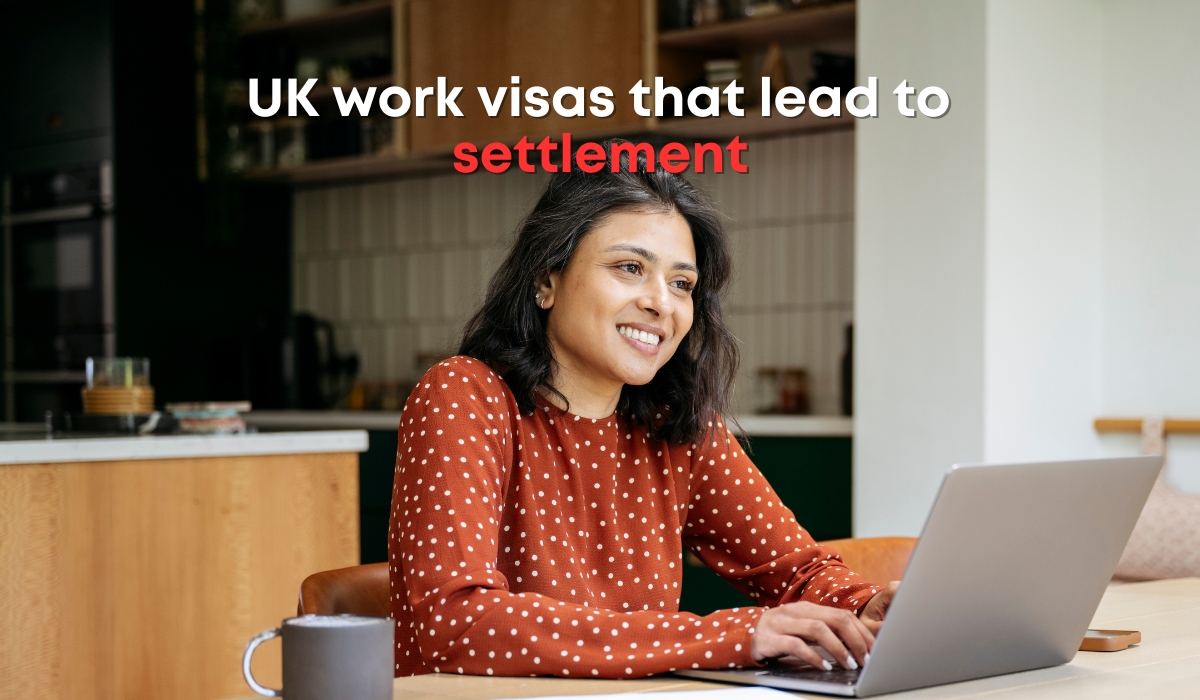Settlement, often referred to as Indefinite Leave to Remain (ILR), is the ultimate goal for many individuals seeking long-term residency in the UK. However, going through the myriad of UK work visas and understanding which paths lead to settlement can be a complex and daunting process.
The UK’s immigration rules vary significantly between visa categories, and while some routes are straightforward, others come with their own set of challenges.
What Is Settlement?
Settlement, or Indefinite Leave to Remain, allows individuals to stay in the UK without any time restrictions. With ILR, there is no need for further visa extensions, and individuals are free to work, study, and live in the UK. They can also apply for British citizenship after meeting certain residency requirements.
Though settlement is, in theory, indefinite, there are circumstances in which it can be lost. For most individuals, staying outside the UK for over two years can result in the lapse of ILR status. There are also scenarios where ILR can be revoked, such as if it was obtained fraudulently or if the individual committed a serious crime.
Work Visa Routes Leading to Settlement
Several UK work visas lead directly to settlement after a defined period of continuous residence in the UK. The following are the most common work visas that can pave the way for settlement:
- Skilled Worker Visa
- Global Talent Visa
- Innovator Founder Visa
- Ancestry Visa
- Other Categories
- International Sportsperson visa
- Tier 2 (Minister of Religion)
- Scale-up visa also lead to settlement.
- Some older visa categories, like the Tier 1 (Investor) and Representative of an Overseas Business, can still provide a pathway to ILR for those who held them before they were closed to new applicants.
Non-Settlement UK Work Visas
Not all work visas lead to settlement. Temporary work visas, such as the Youth Mobility visa, Graduate visa, and Seasonal Worker visa, do not count towards settlement. Individuals on these visas will need to switch to a different category if they wish to settle in the UK.
Combining Time on Different Visa Routes
In many cases, individuals can combine time spent on different visa routes to meet the continuous residence requirement for settlement. However, specific restrictions apply, particularly for Innovator Founder and Representative of Overseas Business visa holders. Time spent as a dependant cannot typically be combined with time as the main visa holder for settlement purposes.
General Requirements for Settlement
Regardless of the visa category, all applicants must meet certain overarching requirements to qualify for settlement. These include:
- No more than 180 days of absence from the UK in any 12-month period.
- Passing the Life in the UK test.
- Meeting English language requirements.
The Cost of Settlement Applications
One crucial aspect to consider when applying for settlement is the cost. The settlement application fees can be expensive; currently, they are £2,885 per person. However, there are no immigration health surcharge payments for settlement applications.
Final Thoughts
Achieving settlement in the UK is a significant milestone, but the process can be complex, depending on the visa route. Understanding which work visas lead to settlement and being aware of the general requirements are crucial for applicants. Always ensure that you meet the necessary criteria and seek legal advice when in doubt to ensure a smooth journey toward ILR.
Get in touch: For a comprehensive understanding of your options or queries on UK immigration matters, contact GigaLegal Solicitors at 02074067654 or click here to book a no-obligation consultation with an immigration expert.


